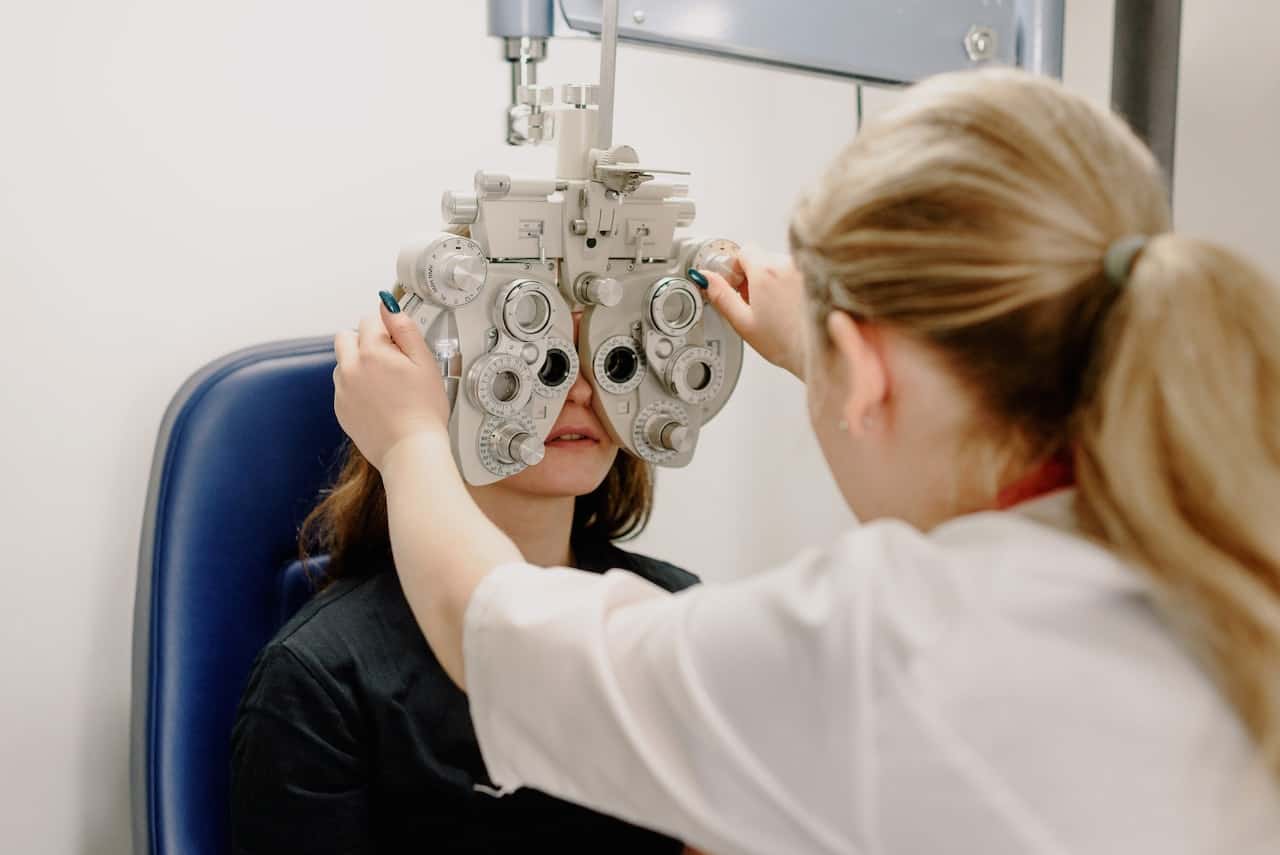Hip replacement surgery is a commonly performed medical procedure designed to replace a damaged or worn-out hip joint with an artificial one. The objective of this surgery is to alleviate pain, improve mobility, and enhance the quality of life for people with hip joint problems.
The procedure involves removing the damaged joint and replacing it with a prosthetic implant made of metal, plastic, or ceramic materials. Depending on the extent of damage, hip replacement surgery can be done as either a total hip replacement, which involves replacing the entire joint or a partial hip replacement, which only replaces the damaged part of the joint.
Hip replacement surgery can provide numerous benefits for patients, including pain and stiffness relief, improved mobility and range of motion, and the ability to engage in daily activities that were previously challenging or impossible due to hip pain and limitations. It can also significantly enhance the overall quality of life.
However, like any surgical procedure, hip replacement surgery does carry some risks and potential complications. Patients considering this procedure should be well-informed and prepared for what to expect before, during, and after the surgery.
To assist with this, we will discuss 10 important things that patients should know before undergoing hip replacement surgery to help them make an informed decision and achieve the best possible outcome.
As someone who has undergone hip replacement surgery, I can attest to the importance of being well-informed before the procedure. In this article, I will share the 10 key things that I wish I had known before undergoing hip replacement surgery.
10 Things You Need To Know Before Hip Replacement Surgery
undergoing hip replacement surgery can be an intimidating and overwhelming experience for patients. Here are some of the important things that patients should know before undergoing this procedure.
Prehabilitation Is Vital
Before undergoing hip replacement surgery, it is essential to understand the importance of prehabilitation. Prehabilitation is a program that focuses on preparing your body for surgery by building strength, flexibility, and endurance.
This involves working with a physical therapist or medical professional who can prescribe exercises and activities that can help you build these attributes. By starting prehabilitation early, you can improve your chances of a successful recovery, reduce the risk of complications, and speed up your rehabilitation process.
You Need A Strong Support System
Recovering from hip replacement surgery can be challenging, and it is important to have a strong support system in place. This support system can consist of family members, friends, or support groups that can offer emotional support and practical assistance during your recovery. Having a supportive network can make a significant difference in your mental and emotional well-being, and can help you stay motivated throughout the rehabilitation process.
Follow All Post-Operative Care Instructions
After your surgery, your doctor will provide you with post-operative care instructions that you must follow diligently. This can include taking medication, attending physical therapy, and adhering to dietary restrictions. These instructions are designed to promote proper healing and reduce the risk of complications. It is critical to follow these instructions carefully to ensure that you heal properly and achieve the best possible outcome.
You’ll Experience Pain
Pain is an inevitable part of hip replacement recovery, but it is important to understand that it is manageable. Proper pain management can help you stay comfortable during your rehabilitation process and allow you to focus on your recovery.
Pain management strategies can include medication, physical therapy, and relaxation techniques, among others. Your medical personnel will work with you to develop a pain management plan that is tailored to your individual needs.
Complications May Arise
While hip replacement surgery is generally a safe procedure, it is important to understand that there is always the potential for complications. Common complications can include infection, blood clots, and dislocation.
To minimize the risk of complications, it is essential to follow your doctor’s instructions carefully, attend all scheduled appointments, and seek medical attention if you experience any unusual symptoms or complications. Understanding the potential for complications can help you be proactive in managing your health and achieving a successful recovery.
Prepare For A Series Of Physical Therapy Sessions
After hip replacement surgery, it is crucial to attend all of your physical therapy appointments and complete the exercises prescribed by your physical therapist. Physical therapy helps to restore strength, flexibility, and range of motion in the hip joint. It is essential to follow through with these exercises because they can help you return to your normal activities and prevent future complications.
Patience Is Required
Recovery from hip replacement surgery takes time, and it is important to be patient and not rush the process. While everyone’s recovery timeline may vary, it can take several months before you start to feel fully recovered. Rushing the recovery process can lead to complications and setbacks, so it is important to allow your body the time it needs to heal.
You Need To Rest More
While physical therapy and exercise are crucial parts of recovery, it is also important to rest. Your body needs time to heal, and it is important to listen to your body and rest when you need to. Adequate rest allows your body to repair tissues and reduce inflammation, which can help speed up the recovery process.
There May Be Emotional Challenges
Hip replacement surgery can be a significant life event and can cause emotional stress. It is important to acknowledge any feelings of anxiety, fear, or frustration and seek support when needed. This can include talking to a therapist or joining a support group. By addressing emotional challenges, you can better manage the recovery process and overall health and well-being.
Ultimately, A Better Quality Of Life
Hip replacement surgery will ultimately improve your quality of life by reducing pain and increasing mobility. After recovery, you may be able to return to activities that you were unable to do before the surgery, such as walking, hiking, or playing sports. With less pain and improved mobility, you can lead a more active and fulfilling life.
While it is natural to have some concerns and fears about the procedure, it is critical to approach hip replacement surgery with a positive attitude and a willingness to do whatever it takes to recover successfully.
Patients can greatly improve their quality of life and enjoy the benefits of a fully functioning hip joint with the proper preparation, which includes proper education about the procedure, working with a proficient medical team, and a commitment to rehabilitation and recovery.
So, if you’re thinking about having hip replacement surgery, don’t let fear stop you. Take the necessary steps to prepare for the procedure and trust the expertise of your medical team. Hip replacement surgery can always be a success with the right mindset and approach.






